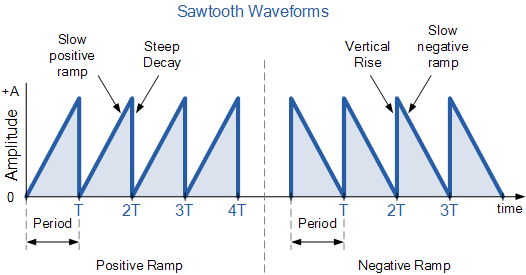I am glad that you say the third word may be ‘coast’... because I cannot think of an example where it is!
The thought that you describe does, however, sound very much like resting on one's laurels: ‘to be satisfied with one’s past accomplishments and not put forth any further efforts’ (definition at grammarist.com).
The phrase derives from the laurel wreath bestowed to recognise great success in ancient Greek athletics. That is also the root of the still-current term laureate (Merriam-Webster), now meaning someone who has been honoured for achievement amongst a much wider range of cultural activities. (Nobel Prize winners, for example, are termed Nobel laureates [thefreedictionary.com], and in the UK the monarch’s appointed poet is the Poet Laureate, as discussed at Wikipedia.)
Resting on one’s laurels means allowing the evidence (not now literally a laurel wreath, as a rule!) of outstanding past deeds to impress people, while in fact making no further effort at all. It is frequently used in the negative sense that someone is using past success to avoid having to bother any longer. Sometimes, however, the expression is used to suggest that someone has already achieved (and in some sense contributed) so much that they can reasonably be allowed to take it easy now, and others might willingly take up the slack.

